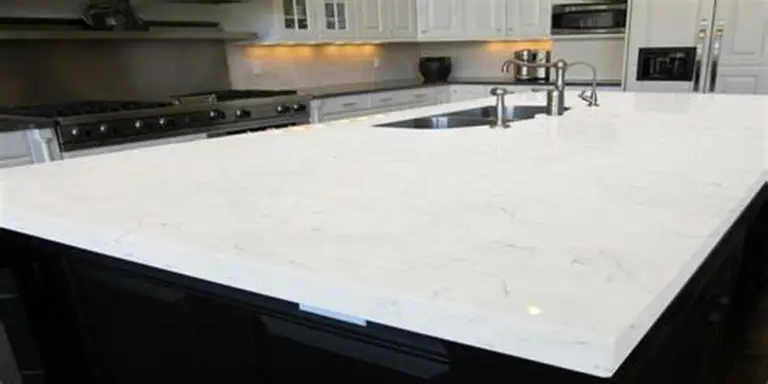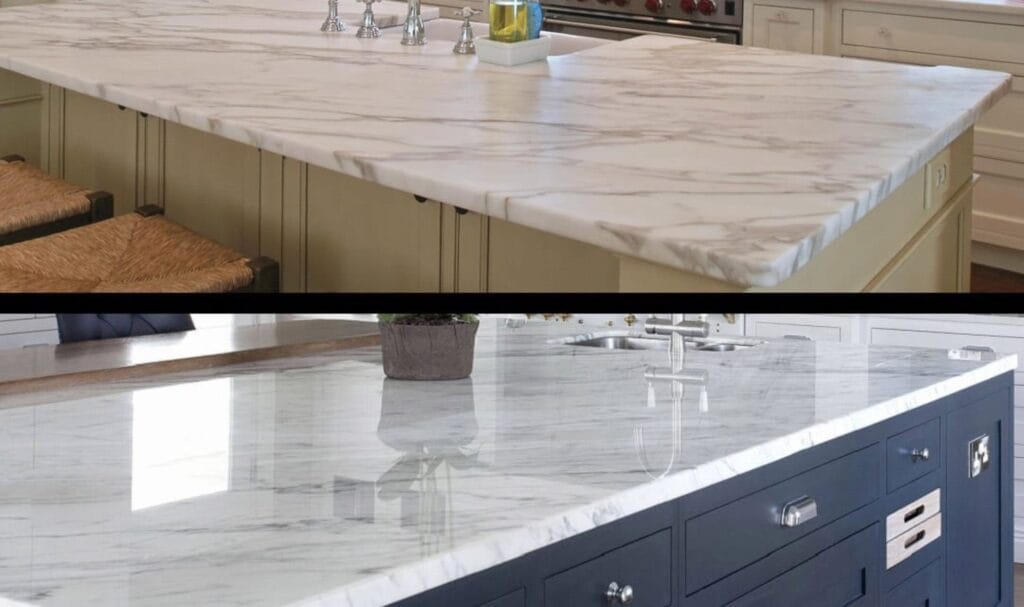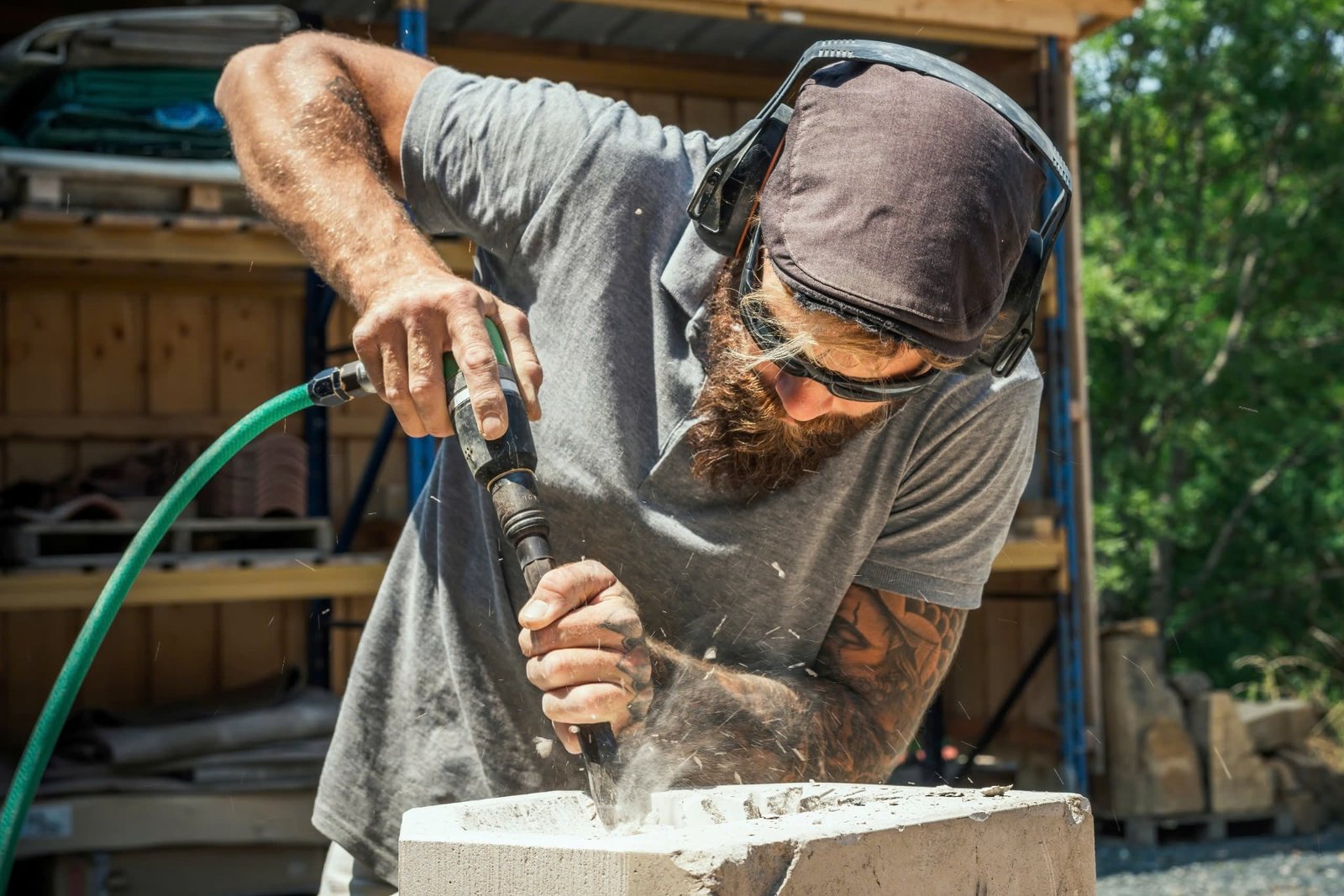
When upgrading your kitchen or bathroom, granite countertops and quartz countertops are two of the most popular choices.
When upgrading your kitchen or bathroom, granite countertops and quartz countertops are two of the most popular choices. Both offer style, durability, and value, but their prices can vary significantly depending on quality, installation, and customization. If you’re wondering whether quartz is cheaper or more expensive than granite, this guide breaks down the cost factors, pros and cons, and when each option makes financial sense.

Understanding Granite Countertops
Granite is a natural stone that forms deep within the Earth over millions of years. It’s quarried in massive blocks, cut into slabs, and polished for use in homes and commercial spaces.
Types of Granite Countertops
- Black granite countertops – Sleek and dramatic
- White granite countertops – Clean and timeless
- Brown granite countertops – Warm and classic
- Blue pearl granite countertops – Bold and luxurious
- Polished granite countertops – Glossy, high-shine finish
- Honed granite countertops – Soft, matte texture

Understanding Quartz Countertops
Quartz countertops are engineered stone surfaces made from natural quartz crystals combined with resin binders and pigments. Unlike granite, which is completely natural, quartz is man-made but still offers the beauty of stone.
Advantages of Quartz
- Non-porous and stain-resistant
- Uniform colors and patterns
- Low maintenance, no sealing required
Price Comparison: Quartz vs Granite
Average Installed Cost:
- Granite countertops: $40 – $200 per square foot
- Quartz countertops: $50 – $220 per square foot
In most mid-range projects, granite can be slightly cheaper than quartz — but high-end granite slabs can exceed quartz pricing.
Why Prices Vary:
- Material grade – Rare granite colors cost more; premium quartz brands command higher prices.
- Slab thickness – Thicker slabs cost more to purchase and install.
- Edge profile – Decorative edges add to labor costs.
- Installation complexity – Larger kitchens, cutouts for sinks, and difficult layouts raise costs.
When Granite Countertops Are More Affordable
Granite may be the cheaper option if:
- You choose common colors like white, black, or beige.
- You buy from a local supplier with in-stock slabs.
- You opt for prefabricated granite countertops (learn more) rather than fully custom fabrication.
When Quartz Countertops Are More Affordable
Quartz may be the cheaper choice if:
- You want a consistent pattern that requires fewer seams.
- You’re comparing it against rare or exotic granite colors.
- You find promotional pricing from a manufacturer.
Pros and Cons: Granite vs Quartz
Granite Countertops
Pros:
- Natural beauty and unique patterns
- Heat resistant
- Long lifespan
Cons:
- Requires periodic sealing
- Can stain without proper care (does granite stain?)
Quartz Countertops
Pros:
- Low maintenance
- Stain-resistant and non-porous (is granite non-porous?)
- Wide range of styles
Cons:
- Less heat-resistant than granite
- May discolor in direct sunlight
Style and Design Considerations
- Granite kitchen countertops offer natural depth and variation, ideal for traditional and luxury designs.
- Granite bathroom countertops create spa-like elegance.
- Quartz is perfect for modern, minimalist spaces that need uniform color.
Pro Tip: Whether you choose granite or quartz, consider how your countertop pairs with other elements like cabinet color and backsplash.
- What Color Backsplash Goes with Black and Brown Granite Countertops?
- Another Backsplash Inspiration Guide
Cost-Saving Alternatives
If both granite and quartz are outside your budget, explore:
- Faux granite laminate
- Solid surface options like Corian
- Other substitutes for granite countertops
Installation and Logistics
Professional installation is critical for both granite and quartz to ensure longevity and avoid damage. Heavy slabs require specialized equipment like a material handling trolley for safe movement and placement.
Where to Buy
- Local granite fabricators
- Granite countertop showroom [location]
- Wholesale granite countertops suppliers
- Top-rated granite countertop installers near me
Final Verdict
Quartz countertops are often slightly more expensive than granite, especially in the mid-range market, due to manufacturing costs and brand premiums. However, granite can become more expensive if you choose rare stones or complex installations.
Ultimately, the decision comes down to style preference, maintenance tolerance, and budget. Both materials can last decades and add significant value to your home.

